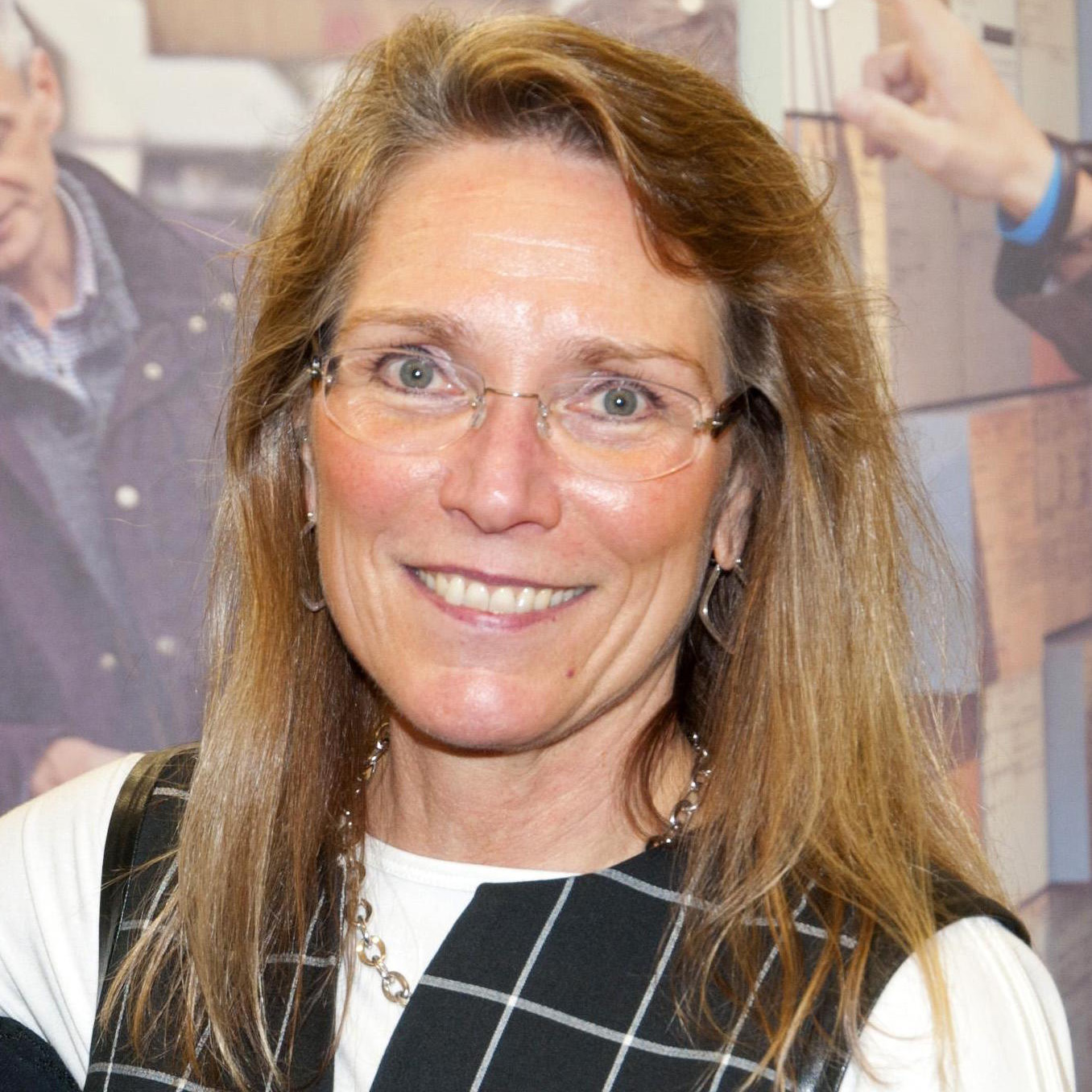 Department
DepartmentGeosciences
OrganizationUniversity of Massachusetts - Amherst
Emailjbg92@umass.edu
Location
Amherst , Massachusetts 01003
United StatesBio
Dr. Brigham-Grette has been on the faculty at UMass since 1987. Her research interests are on the stratigraphy, sedimentology, and chronology of geologic systems that record the climate evolution and sea level history of the Arctic over the past 3.5 Million years, when CO2 in the atmosphere was ~400 ppm. Her research program is largely aimed at documenting the global context of ancient environmental change across Beringia, i.e., the Bering Land Bridge, stretching across the western Arctic from Alaska and the Yukon into northeastern Russia and adjacent marginal seas. Brigham-Grette is the U.S. Chief Scientist of the Elgygytgyn Lake Scientific Drilling project, a multinational program leading to the first unprecedented recovery of a 3.6 million year old record of Arctic paleoclimate in 2009. She has also been studying with her graduate students evidence of past sea ice changes and paleoceanography across the Arctic-Pacific gateway. Since 2005, she has collaborated with colleagues at Northern Illinois University conducting a research program for undergraduate students on the massive retreat of Svalbard tidewater glaciers.
